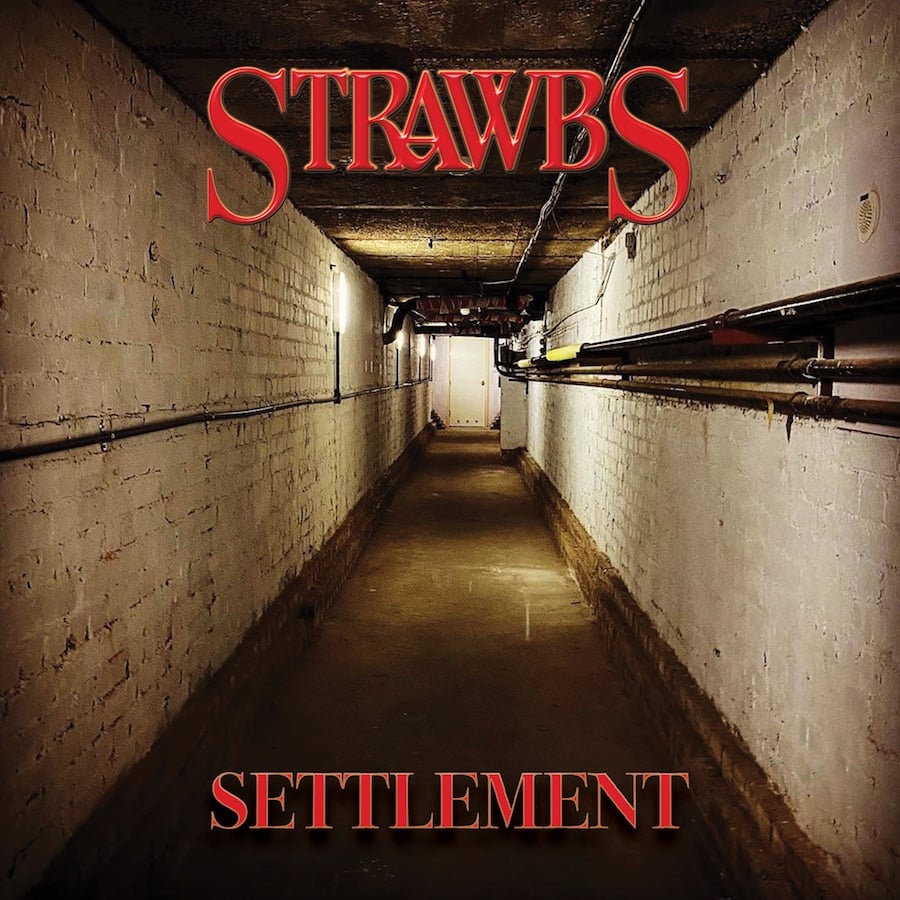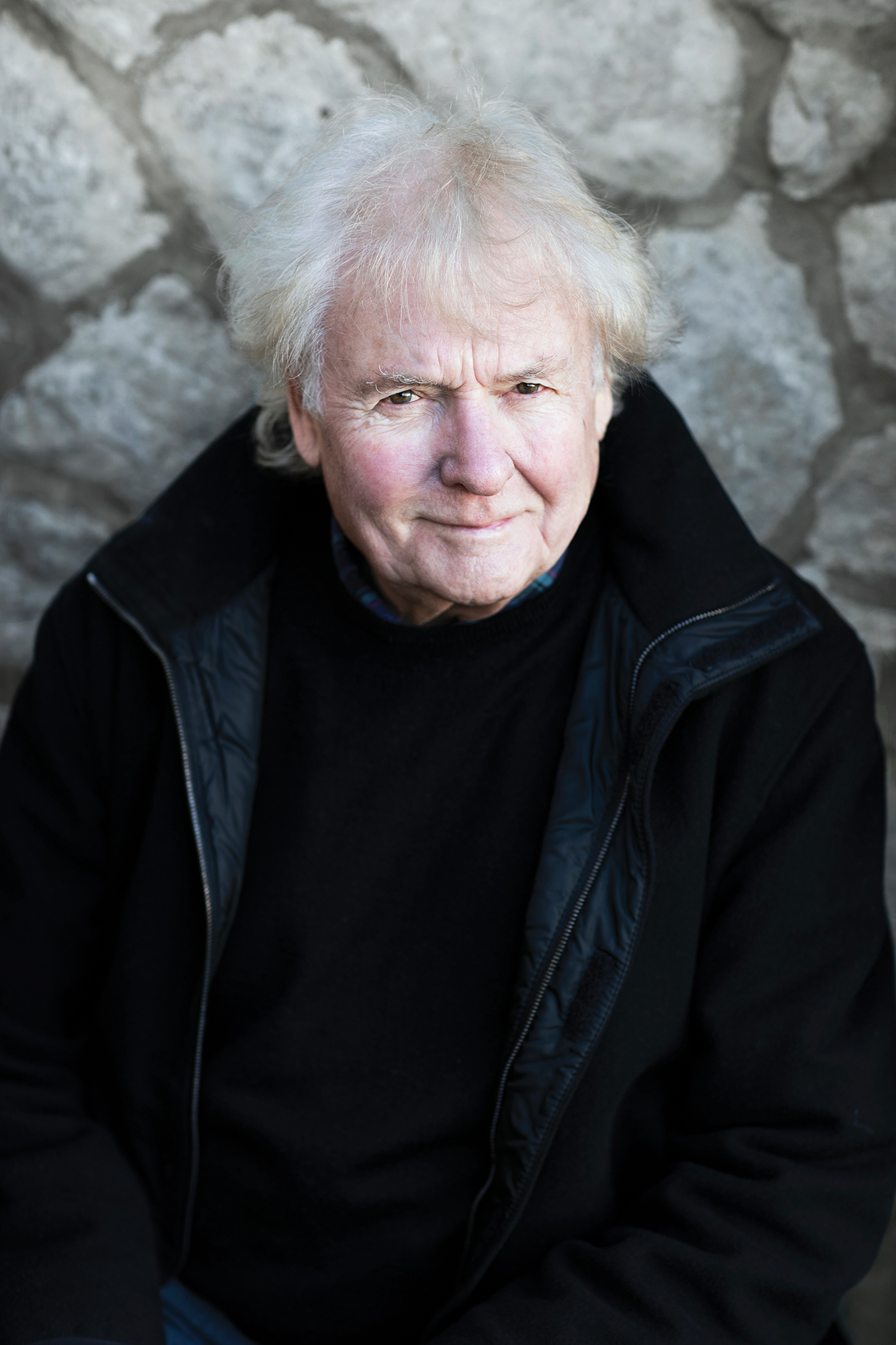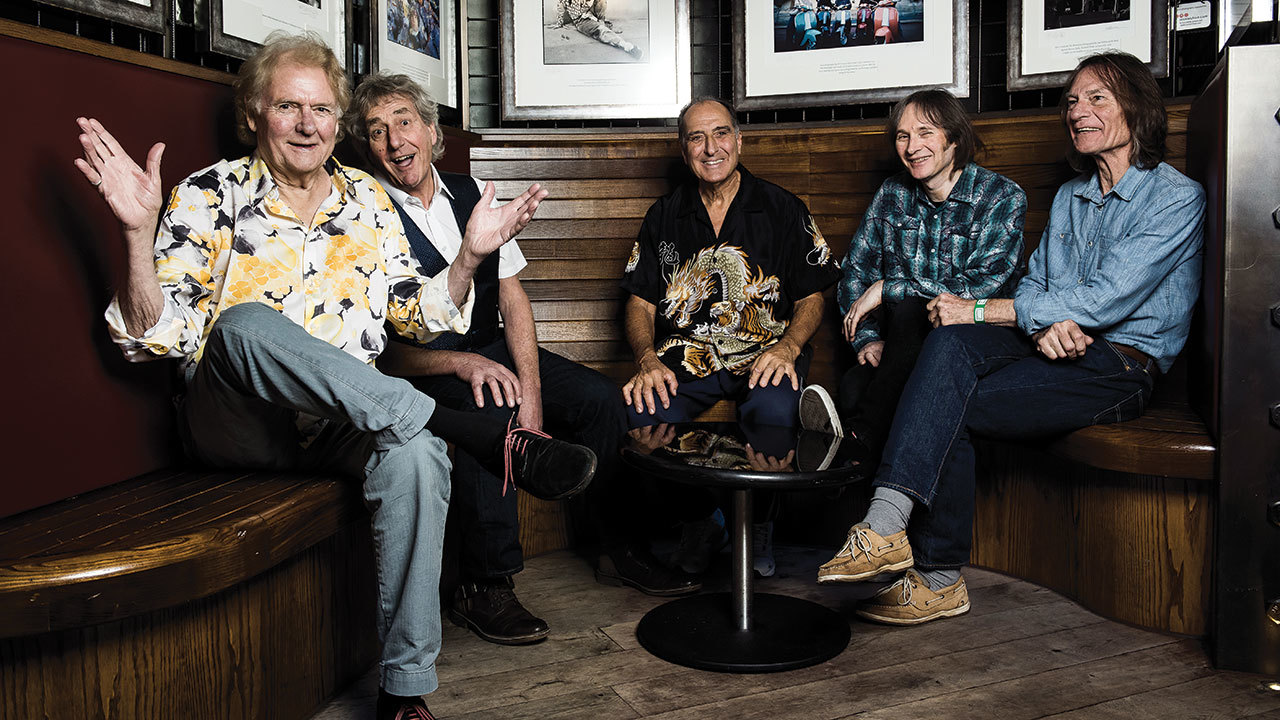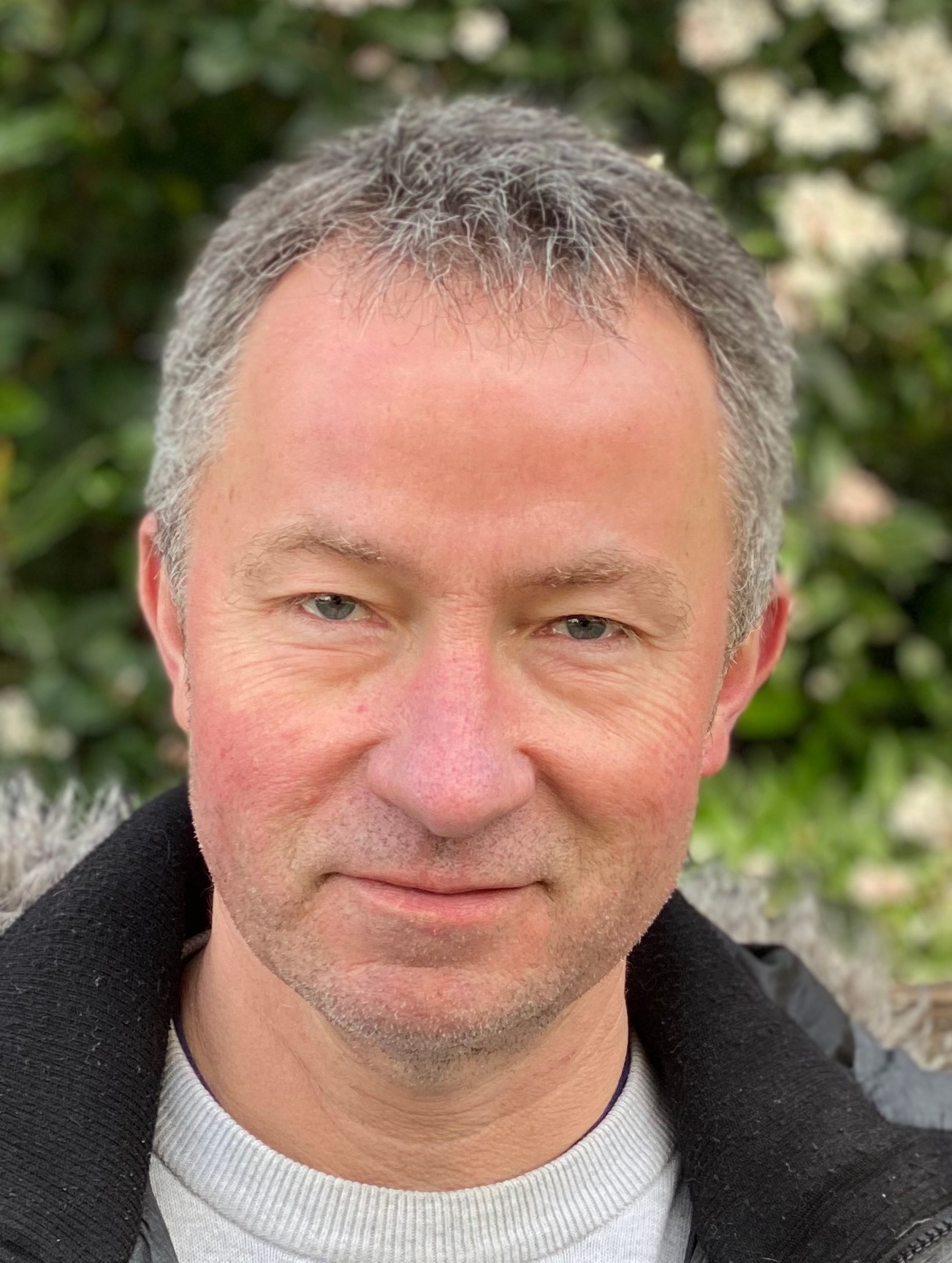The colourful history of Strawbs contains a vast array of contributors who’ve left a distinctive footprint on the chronicles of modern British music. But they’re not a band focused on celebrating their past. The energy and imagination running through current release Settlement would give artists a third of their age a run for their money. It’s also been made by a line-up whose contribution to the band’s story is indisputable. Long-servers Dave Lambert, Chas Cronk, Tony Fernandez and more recent addition Dave Bainbridge are accompanied by, among others, former members John Ford, as guest vocalist and writer on one track, and Blue Weaver, who gathered together and produced its distanced components.
Let’s talk about how you make a new album without meeting any of your bandmates, and how it’s been received.
The reaction has been remarkable, I’m thrilled with it. I felt very uncertain of it when we put it out, because it was put together in unbelievably difficult circumstances. I’m not exaggerating: I haven’t seen, face-to-face or on Zoom, a member of the band for over a year. So everything was done in this tiny room here, and I’m not even living at home. There was a flood in the cellar of my house and I had to move out, the same time as lockdown came, and I haven’t been able to move back because all the work is still going on. So it was all done in a friend’s house, this is the spare bedroom. It had two single beds in it. One’s still there, and the other one’s on its side – that was the baffles for the recording! There is also a mic stand with a pair of underpants hanging over it.
Were there songs that were ready to go when the first lockdown hit?
I didn’t have any songs at all. They all started in March [2020], and essentially they wrote themselves. Strange Times, the second song on the album, I wrote that first. I did it in an open D tuning, and I played the chords down the phone to Dave Bainbridge, who was in Lincolnshire. I didn’t hear from him again until September. He was so busy with everything else, his contributions came in much later. So the whole album was put together in fragments.
What are some of the other highlights for you?
We Are Everyone, I wrote that in half an hour when I saw the sad news of the death of George Floyd. I heard that being an anthem the same as We Shall Overcome. I wanted the band to sing like a mass choir. We just didn’t get around to it, then I got Cathryn Craig to sing on it with me, which changed the whole feel of it. Then Judgement Day, that was written when I saw on the news about homeless people [in the UK] being moved into hotels.

One of the most striking things about the album is the topicality of the lyrics.
The songs I’ve done through the years have always been reflecting what’s going on in society. [1972’s] Grave New World, for example, was when the IRA was at war with Britain. That was an angry [album]. In a way, that’s the folk tradition, from which I come. The modal feel, and telling the story of what’s going on around you, has always been inherent in Strawbs music. That’s why we’ve had such longevity, I think, because people identify with the lyrics, and the atmosphere of the songs.
How did you communicate with the band, not being able to get together with them?
What I had to do with songs I’d written, and with Dave Lambert’s song come to that, was to write out every chord with the words on it and number the bars, so the band would know where to play. “Dave, can you play a solo between bars 57 and 73?”
It’s great to hear Blue Weaver, who replaced Rick Wakeman in Strawbs and had several spells as a member, on board as producer. How did that come about?
The sadness was that Chris Tsangarides, who was our producer before, died [in 2018]. So we had to have a new producer, and I thought Blue is the perfect person. We’d met up at our 50th anniversary weekend in the USA [in 2019] and all played together. I had four keyboard players on stage at one time there, playing with a 30-piece orchestra, doing Strawbs music. Having worked with the Bee Gees for all those years in the 70s, his knowledge of production is unbelievable. The sound of my guitar on Strange Times is the chamber in Capitol Studios in Los Angeles. He’s got
all those samples.
John Ford makes a great cameo on Each Manner Of Man.
I loved having John singing in the middle of the album, it sounds great to me. If I’d sung it all, it would have sounded drony. My voice is described as a Marmite voice by some people. So [there’s] John’s voice, to vary it, then it goes into Dave Lambert’s voice, but it all flows.

Does this feel far removed from the band’s heady days of hit singles?
It’s all part of the evolution. I’ve never said, “Now we’ll be a prog band, now we’ll be a rock band, now we’ll make hit singles.” Everything has gradually evolved. As somebody new comes in, they bring something different in, and that’s how it’s always been.
You must be keen to get these songs on the road?
I’ve been trying to think which songs we would do live. Settlement for certain, that would be enormous. Our band when we tour is a soundman and a tour manager who drives and sells the merch, that’s it. We don’t have any road crew. It’s a very simple organisation. We don’t have any management. I suppose I do it. All these years of doing it, you think, “What can they tell me that I haven’t experienced already?”
This article originally appeared in issue 120 of Prog Magazine.

